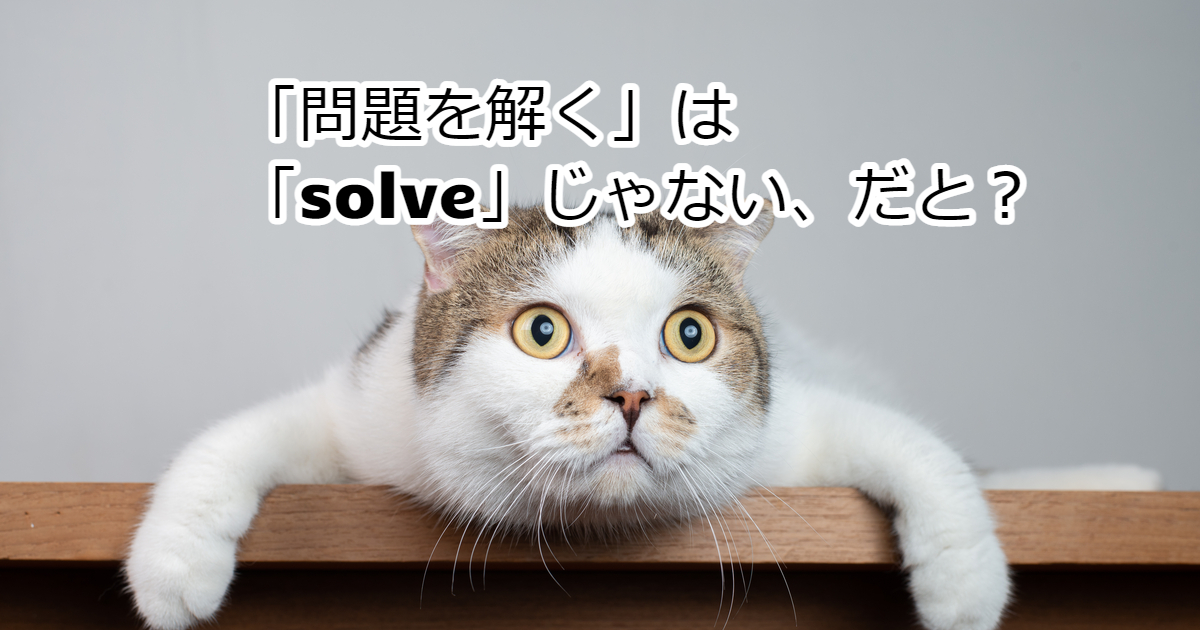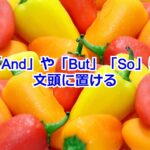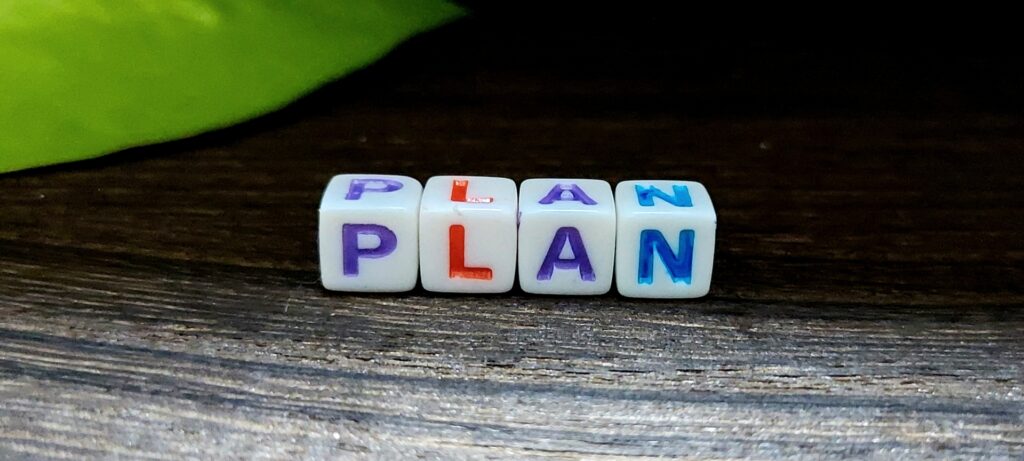少しこなれた表現の「It occurs to me that..」
意味は「思ったんだけど、」など。
日本語でもよく使うこのフレーズ、英語でもさらっと使えるようになりましょう♪
例文を沢山ご紹介します。

目次
【occur to 人】の意味、使い方
「occur to 人」は「急に何かを思いついた」「ふと考えがよぎった」ということを表します。
使い方としては、人の後ろに「that節」、もしくは「to不定詞」をとることが出来ます。
会話で使う場合は、「It occurs to me that...」で「思ったんだけど、~」というニュアンスになります。
肯定文
It occurs to me that I've never asked your name.
(思ったんだけど、そういえばあなたの名前を聞いたことがなかったわね)
It occurred to me that she no longer needed my help.
(彼女はもう私の助けは必要ないんだと、急に思うに至った)
It occurs to me that the world is changing much more rapidly than we think.
(私たちが思っている以上に世の中は急激に変わってきているんだとふと思った)
Then it occurred to me that we might end up broke.
(その時、私たちは破産するのではないかと急に気づいた)
It finally occurred to me to tell the truth.
(本当のことを話そうという考えが、ついに頭をよぎった)
I had nothing to do until it occurred to me to write some poems.
(急に詩を書こうと思い立つまで、やることが何もなかった)
It may occur to you that buying gold is better right now.
(金を買うことが今はいいだろうと思うかもしれない)
Here are some answers for the questions that might occur to you.
(皆さんが思いつくような質問に対する回答はこちらになります)
否定文
否定文の場合は「急に思う」というニュアンスではなく、
「思ったことがない」「考えたことがない」という経験のニュアンスになります。
It never occurred to me to give up.
(あきらめようとは思わなかかった)
It didn't occur to me to call the police back then.
(その当時は警察に電話しようとは思わなかった)
It didn't occur to me that I would become a dancer.
(自分がダンサーになるという考えは浮かばなかった)
It never occurred to me that he would actually leave us.
(彼が本当に出ていくとは思いもしなかった)
They will come up with something that would never occur to you.
(君が思いもつかないようなことを彼らは考えてくるぞ)
疑問文
疑問文も同様に、「急に」というニュアンスではなく
「考えたことがある?」「~だと思うことはある?」というニュアンスになります。
Did it ever occur to you to become a professional singer?
(プロの歌手になろうと思ったことはありますか?)
When did it occur to you to move here?
(いつ頃こちらに引っ越そうと思ったのですか?)
How many times a year does it occur to you to change your job?
(自分の仕事を変えたいと思うのは年に何回くらいですか?)
Did it occur to you that she might be thinking the same thing?
(彼女も同じことを考えていると思ったことはない?)
Doesn't it occur to you that your feeling is affected by weather?
(天気によって気分が変わると思うことはありますか?)
類似表現も沢山ある
「it occurs to」の類似表現というのは、実は色々あります。
「it strikes me」
「strike」は「打つ」や「当る」と言った意味がありますが、
「it strikes me」で「突然思いがよぎる」「急に気づく」などの意味になります。
It struck me that I had left my purse at the shop.
(そのお店にお財布を忘れてきたことに気が付いた)
It struck me that I should help those people.
(その人たちを助けなければという思いが突然よぎった)
It struck me that no one was using their phone.
(誰も携帯を使っていないことに気が付いた)
「cross my mind」
「cross my mind」は「頭をよぎる」という意味で、否定文で使われるほうが多い傾向にあります。
It never crossed my mind that we could lose our house.
(自分たちの家がなくなるなんて考えたこともなかった)
What is the first thing that cross your mind when you hear the word Sushi?
(お寿司という言葉を聞いて一番に思い浮かぶものは何ですか?)
It crossed my mind that I might miss the interview.
(面接に間に合わないかもしれないという考えがよぎった)
「come to mind」「spring to mind」「pop into my head」
「come to mind」「spring to mind」「pop into my head」も、「突然思いつく、急に気づく」という意味になります。
The first thing that came to mind was how I could find her.
(真っ先に思いついたのは、どうやって彼女を見つけるかという事だった)
Nothing sprung to mind when I sit at the meeting table.
(会議室の席についても何も思いつかなかった)
A single thought popped into my head.
(一つの考えが頭に浮かんだ)
「spring」はバネではじける、「pop」はポンッとはじける、という意味です。
頭の中にパッと浮かぶというニュアンスですね。






















